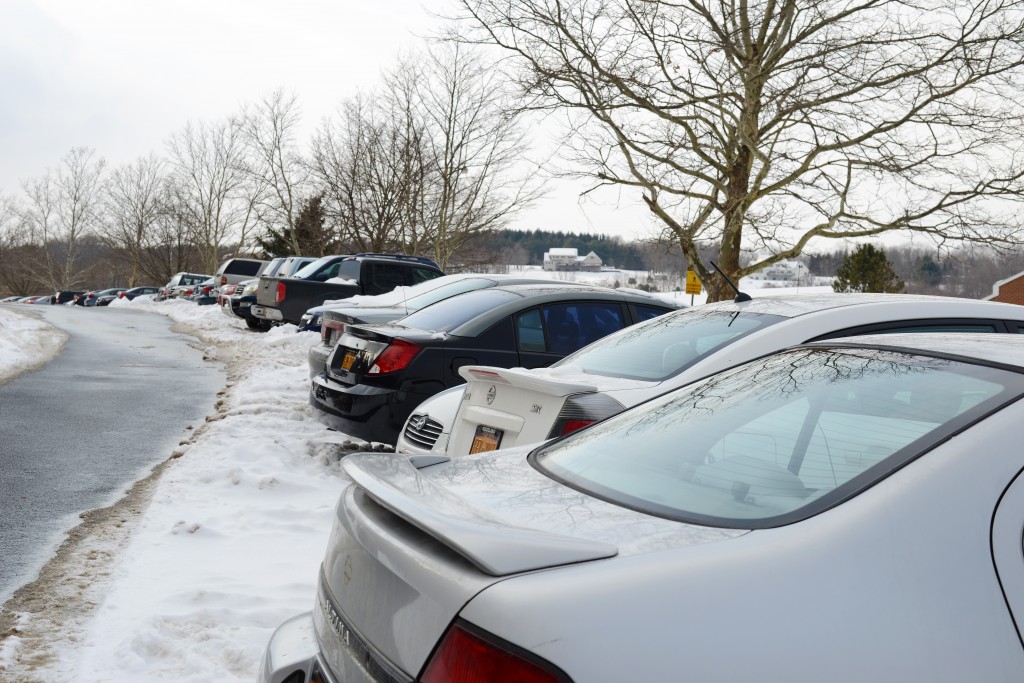
In an attempt to gauge student opinion toward parking around campus, the Parking Services Advisory Committee has hired a transportation consulting firm to conduct a survey, recently emailed to the student body.
“This is an open process where we are trying to hear from students, staff, and faculty as much as possible. We want to hear about your travel experience to and around campus – what works, what doesn’t work, what can be improved,” wrote Lisa Jacobson, a consultant with the transportation planning firm Nelson Nygaard, in an email.
This online survey asks the students questions about how they get to campus and the prices they would be willing to pay.
“The University wants students to have multiple choices when coming to campus – by transit, by bike, by walking, and by car – and wants to ensure that all of these travel modes are as available and safe as possible,” Jacobson wrote.
In addition to the survey, there is also an open-ended message board for users to add their own thoughts and comments. The survey is on the Binghamton University website, and the message board has nearly 50 posts and comments on issues from busing to the costs of parking.
Cara Crews, a junior majoring in integrative neuroscience, said she has had issues parking during the day when campus is busiest.
“I haven’t had problems this semester because I have early classes, but last semester with afternoon classes, it was hard to find a spot,” Crews said.
Other off-campus students agreed.
“Campus and parking are two words that don’t get along. Usually if you have class during the prime of the day, you better show up almost 45 minutes early, or be prepared to walk from the depths of campus,” said Dan Garf, a senior majoring in industrial engineering.
However, students who live on campus also report having a problem finding parking spots.
“Going to the gym, a lot of people have gotten tickets. And my car was once towed away on campus, and I was never made aware of it,” said Brittany McGarry, a sophomore majoring in psychology who lives in Mountainview College.
Parking Services Advisory Committee chair Paul Parker said that his office has recognized the problem.
“As the Parking Committee looked at the significant growth in the campus population, both on and off campus, the locations where academic and research endeavors take place, we realized that current solutions may no longer be the best practice,” Parker wrote in an email.
According to Jacobson, the situation may be more complex than just space shortages and include a number of factors.
“Parking permit sales have actually decreased over the past few years, even though enrollment has increased. Many students would rather ride the bus or bike to campus than deal with finding a place to park, pay for gas, and clearing off their car over the winter. The game is changing – the car isn’t your only choice to get around anymore,” Jacobson wrote.
Not every student believes this survey will significantly impact parking on campus.
“Parking is known to be an issue here on campus, so I don’t know if my opinion will actually make things better. It’s a matter of lack of space and too many paid lots,” said Garf.
According to the website leading to the survey, the final report from Nelson\Nygaard will be released in May 2014. Until then, students will have to continue using their transportation in its current state.
“Walking, biking, buses and parking each work for different trips and different travelers, and for the transportation to be at its best, all elements have to work together. That’s why the University is conducting the study – to make sure all elements work together to make it the best system for everyone,” Jacobson wrote.


